In Māori culture, Manaakitanga is a concept rooted in the values of care, respect and generosity. The word comes from "manaaki", which means to extend love, support, and hospitality to others.
It's more than just a word in te reo Māori (the Māori language). Manaakitanga is a way of life that reflects the deep understanding and needs of others. It influences how Māori people interact with others in their daily lives, work, or cultural gatherings. It's practised at home, the workplace, and the community.
Let's have a look at what it is exactly.

The Connection Between Manaakitanga and Mana
The concept of mana is at the heart of manaakitanga. Mana is a deeply spiritual and social force in Māori culture. It represents a person's prestige, authority, and personal integrity.
Mana can be enhanced or diminished based on a person's actions and relationships. Manaakitanga is vital in strengthening mana through care, hospitality, and generosity.
You can see this in the way Māori hosts guests. Whether in their homes or on a marae (a traditional meeting ground), Māori hosts go out of their way to ensure visitors are welcome, cared for, and honoured.
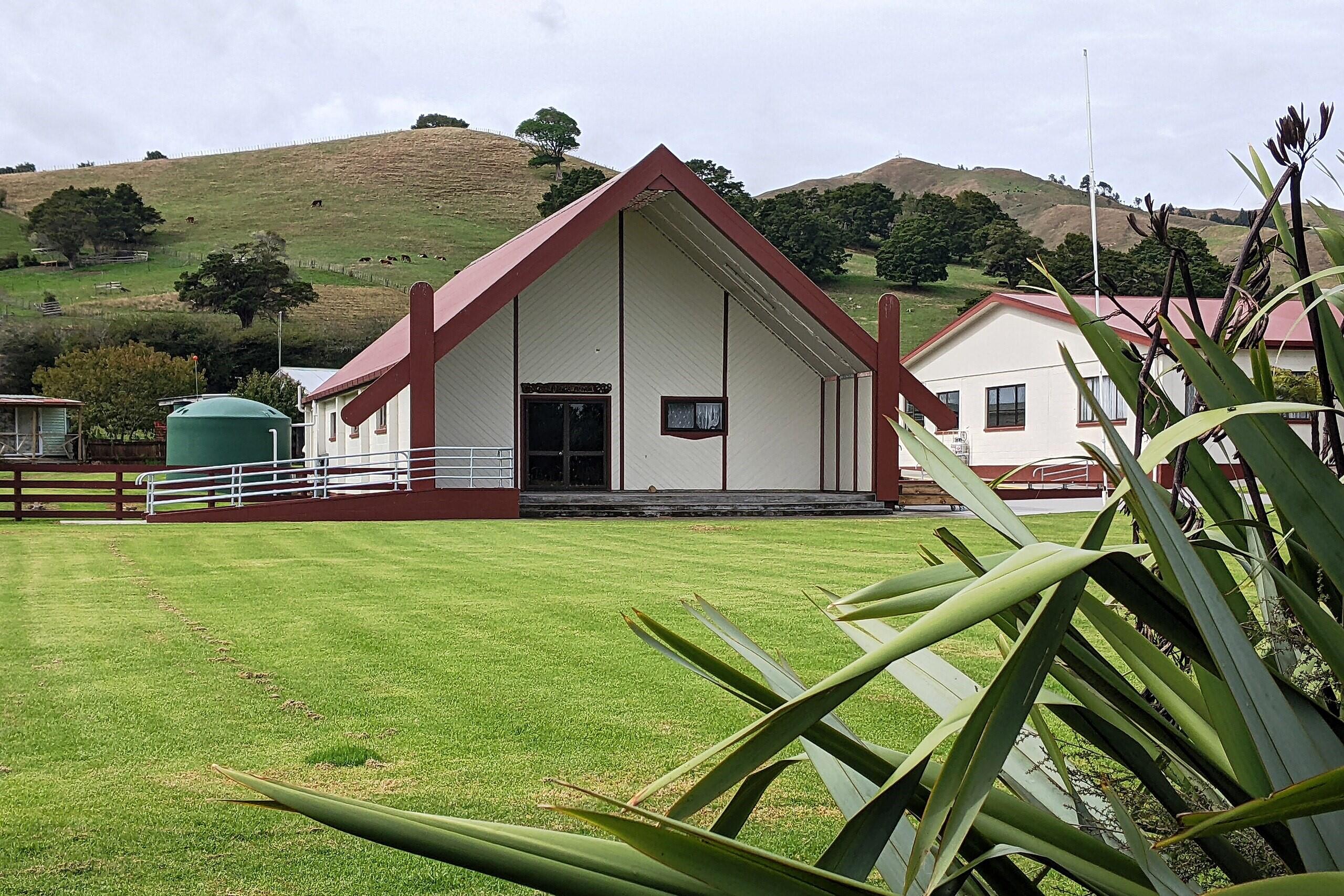
They provide food, comfort, and kindness, and not just to be polite; they do so to protect and enhance both the hosts' and guests' mana.
Manaakitanga is also practised through work, learning, and leadership. When leaders consider their people's needs and foster a culture of inclusion and shared success, they're practising manaakitanga.
Manaakitanga is a guiding principle for how people live, work, and interact with one another. When done properly, it strengthens bonds, creates lasting relationships, and upholds mana for future generations.
Example: A local Māori leader shares how practising manaakitanga within a workplace lifted team morale and strengthened their collective mana.
Manaakitanga in Māori Language and Tradition
Manaakitanga is embedded in the Māori language, customs, and traditions. It's more than just a word in te reo Māori; it's one of several core values, like certain rules or tikanga, that shape the interactions and relationships within whānau, communities, and workplaces.
Kupu and Manaakitanga
In the Māori culture, words (kupu) carry significance. After all, languages and cultures are inseparable, and how people speak to one another can affect their mana.
Manaakitanga can be practised in conversation, so there are naturally compatible words with it. After all, words showing respect, generosity, and care can all be employed (sincerely) to extend manaaki through speech.
There are many Māori whakataukī (proverbs) that reinforce this idea. For example:
- "Ko te kai a te rangatira, he kōrero."
- "The food of chiefs is speech."
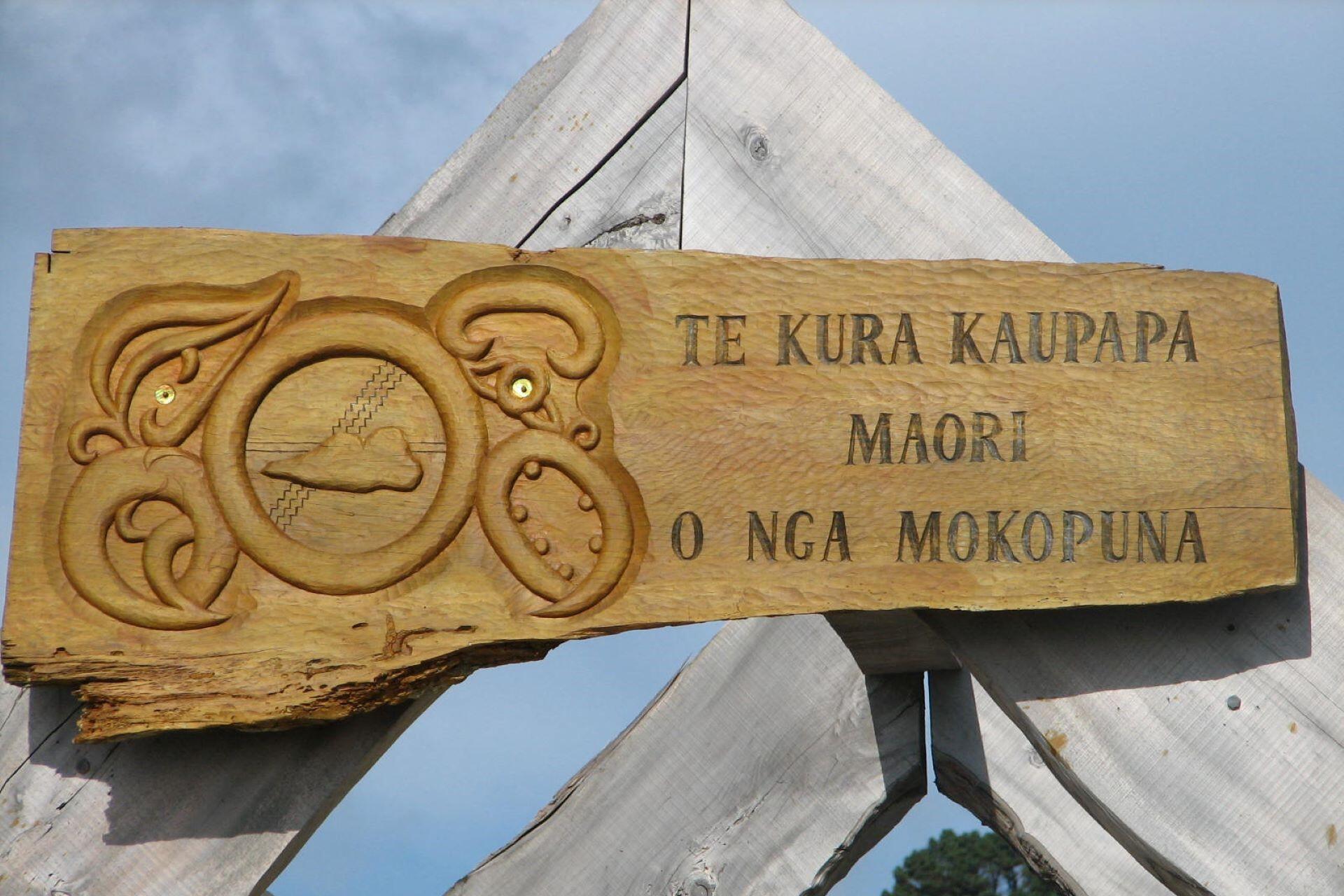
Manaakitanga in Cultural Traditions
Manaakitanga is ever-present in Māori cultural traditions, especially in marae. Visitors arriving at a marae are welcomed with a pōwhiri, a special formal Māori greeting ceremony.
During a pōwhiri, hosts extend warmth and hospitality through speeches, waiata (songs), shared meals, and other cultural practices.
While manaakitanga can be practised through words, it's also clearly practised through actions.
Example: A guest at a marae describes their experience being welcomed with manaakitanga—from the formal pōwhiri to the shared kai and deep hospitality they received.
Manaakitanga as a A Living Value
While manaakitanga has been practised by Māori people for years, calling it a tradition would be unfair as it continues to shape modern Māori communities today.
Whether it's practised today through service, generosity, or respect, it's an inherent part of the Māori culture today and is more of a permanent practice than something that's simply practised because of the tradition attached to it.

How Manaakitanga Shapes Relationships and Communities
As a guiding principle in Māori culture, manaakitanga influences how people interact, build relationships, and strengthen their communities.
It's so much more than just personal kindness. It's about creating an environment that nurtures respect, generosity, and care in every interaction.
Individuals lift themselves up and foster a sense of belonging and unity.
How Manaakitanga Builds Strong Relationships
Whether manaakitanga is between whānau (family), colleagues, friends, or strangers, it's about building relationships and mana.
Traditionally, hospitality involves being hospitable and taking care of guests, but it also involves actively listening, understanding others' needs, and acting with kindness.
You can practise manaaki in daily interactions to strengthen connections and build trust with others.
In a workplace, for example, leaders who embrace manaakitanga will prioritise their team's well-being by offering support and creating inclusive spaces where everyone feels valued.
In this situation, both the individual and the collective community thrive, resulting in a positive work environment.
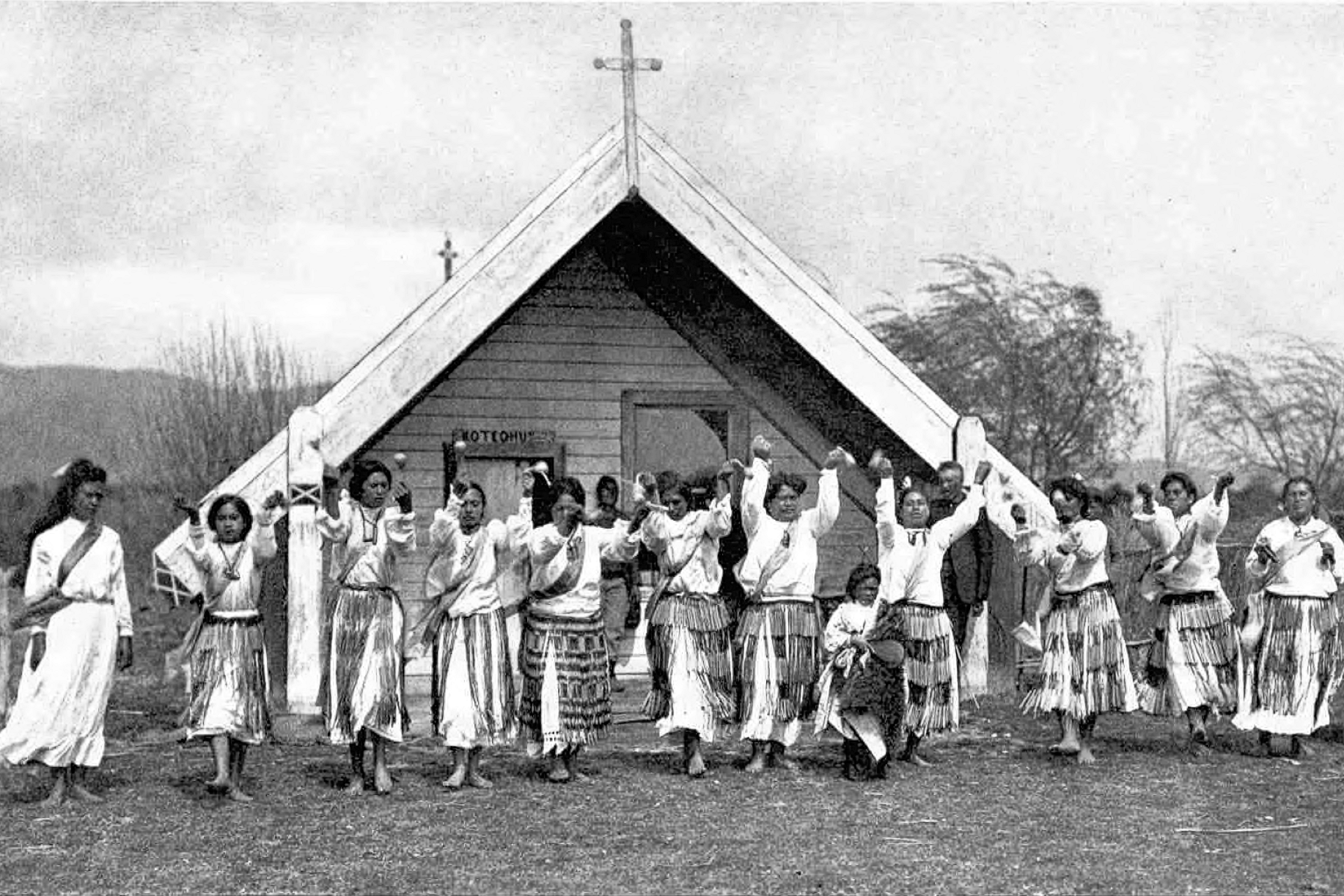
Manaakitanga in Māori Communities
In Māori communities, manaakitanga affects how people share resources, knowledge, and responsibilities.
People look after one another, ensuring that no one is left behind. This is evident on a marae, a place where hospitality and care for visitors are the top priorities.
Hosts prepare food, share stories, and provide the warmest of welcomes, conveying the deep sense of service and generosity that manaakitanga embodies.
The marae is a space where manaakitanga is taught and practised, which naturally extends into daily life elsewhere.
You can see manaakitanga in the social initiatives of Māori communities, such as community programs, youth mentorship, and any events that aim to support and uplift both young people and families.
Manaakitanga underpins the Māori belief that the entire community grows stronger together.
How Manaakitanga Creates a Culture of Generosity and Care
Manaakitanga has never been more important than it is today. Homes, workplaces, and every other setting could do with a good dose of manaakitanga, showing respect, offering help, and acting with kindness.
It can bring people together and teach that small acts of generosity, such as sharing knowledge, checking on someone's well-being, and offering a kind word, can make all the difference.
Expressions of Manaakitanga in Daily Life
In more formal Māori settings, like on a marae, it's easier to see manaakitanga being expressed.
However, it's not just for formal occasions and celebrations. Manaakitanga needs to be demonstrated through actions, words, and attitudes.
It can be seen in how people welcome guests into their own homes and respect and care for people at work or in the community.
To practise manaakitanga, you must make a conscious effort to lift up others, extend kindness, and ensure that people feel valued and supported.
Manaakitanga in the Home and Whānau (Family) Life
You can really see manaakitanga in the way Māori families interact with one another. Their homes are filled with hospitality, generosity, and love, reflecting manaakitanga's core principles.
Parents can teach their children about it by encouraging them to share, help others, and treat guests respectfully.
The treatment of guests in Māori homes is a great example. Guests are offered food, comfort, and warmth before anything else.
Manaakitanga in the Workplace
Manaakitanga extends beyond the home and into modern workplaces. Workplaces practising manaakitanga will ensure employees and colleagues are valued, included and respected.
Bosses practising manaakitanga will focus on care, collaboration, and generosity in the workplace, creating a positive and supportive work culture.
This could include:
- Supporting colleagues by sharing knowledge and offering help.
- Acknowledging and uplifting others through kind words and encouragement.
- Ensuring inclusivity so that all voices are heard and respected.
- Extending hospitality to visitors, clients, and new employees.
Manaakitanga in Public
Manaakitanga isn't something that is solely reserved for private places. It's embedded within communities. This isn't just for Matariki, it's for the whole year, too!
After all, it's about looking beyond your interests and considering others' needs. In public or in your community, manaakitanga can be practised through volunteering, offering support, or being kind to others within your community.
Public acts of manaakitanga could include:
- Sharing food with those in need.
- Teaching and mentoring younger generations.
- Helping elders and ensuring they are cared for.
- Protecting the land and acting as kaitiaki (guardians) of natural resources.
Example: A Māori-led food-sharing initiative that supports needy families by practising manaakitanga through generosity and community service.
The Role of Manaakitanga in Hospitality and Service
Manaakitanga is related to hospitality and service, which can be seen in the way Māori people welcome and care for others.
It's more than just providing shelter, food, or warmth. Manaakitanga means creating an atmosphere where people feel valued, respected, and welcome.
You may see this in Māori hospitality in the following ways:
- Providing food and refreshments as a sign of respect and generosity.
- Welcoming guests with warmth and kindness, ensuring they feel comfortable.
- Sharing stories, traditions, and cultural knowledge strengthens connections between people.

Teaching Manaakitanga: Learning from Whānau and Elders
Manaakitanga can only really be understood by practising it, meaning that families and elders have to pass it down through generations, often by being fine examples.
With ever-present examples of generosity, care, and respect woven into daily life, young Māori people experience manaakitanga first-hand and will continue to uphold this value in their relationships, work, and communities.
Children will see family members welcoming guests, sharing, and helping with hospitality. Still, community elders (kaumātua, kuia) also play a vitally important role as the knowledge keepers of cultural values like manaakitanga.
In schools and other community projects, both Māori and non-Māori can learn about manaakitanga, too!
Summarise with AI:

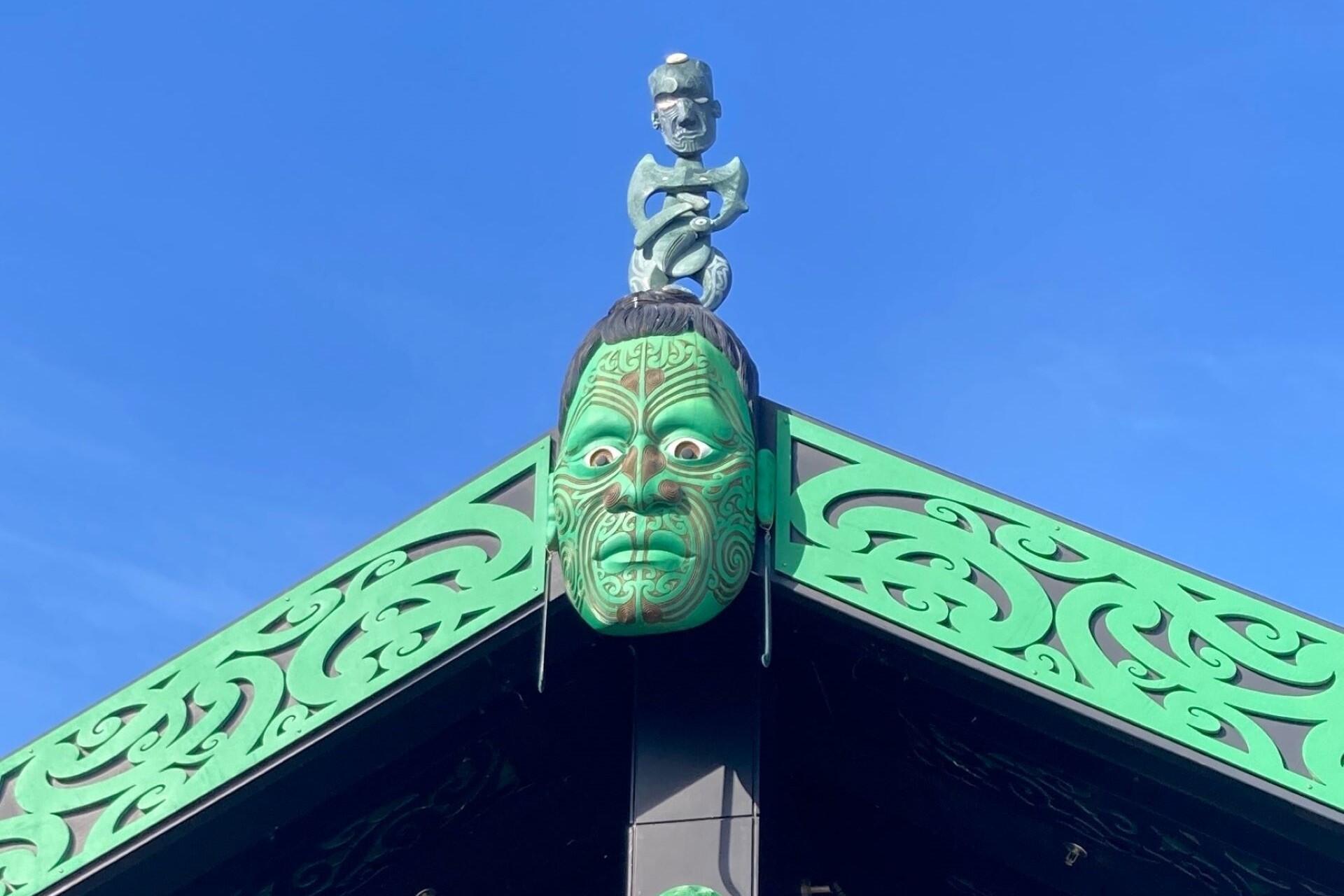







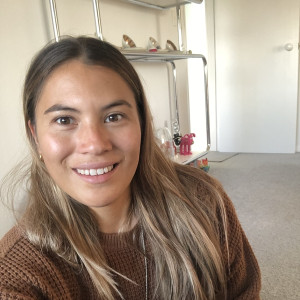





I Love to know more about How to acknowledge Te Reo at home and in my community n workplace.
I loved the article.
I want to do more. I’m 52yo – but love Where can I learn and practice manaakitanga more ? and then share my new knowledge, along with any experiences, skills, peoples, contacts, that I already have gathered in my life to date tempered with huge respect & aroha to give myself & all others the best lives possible.